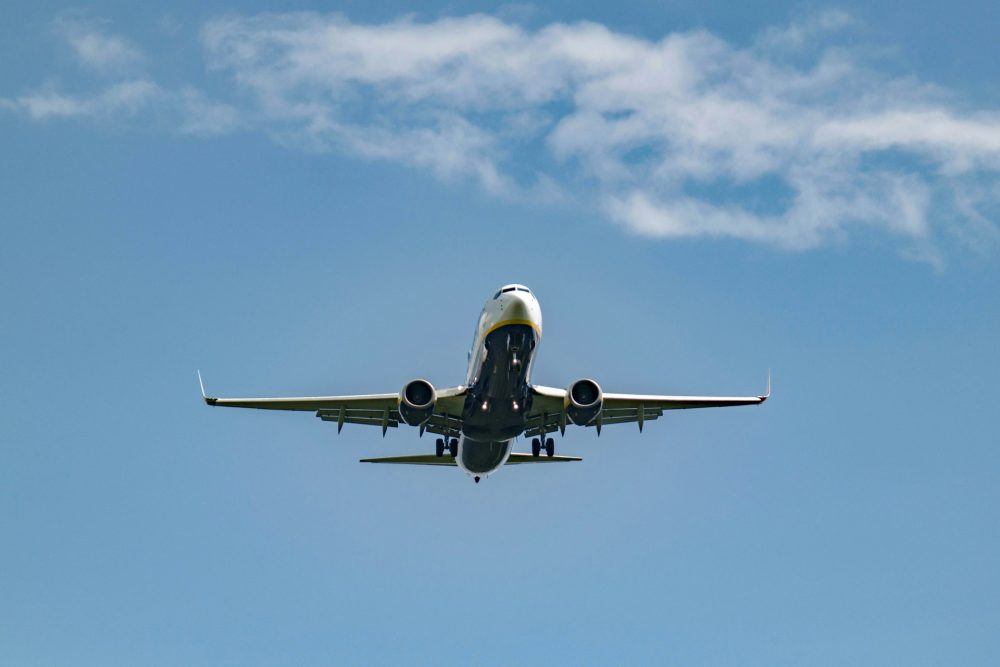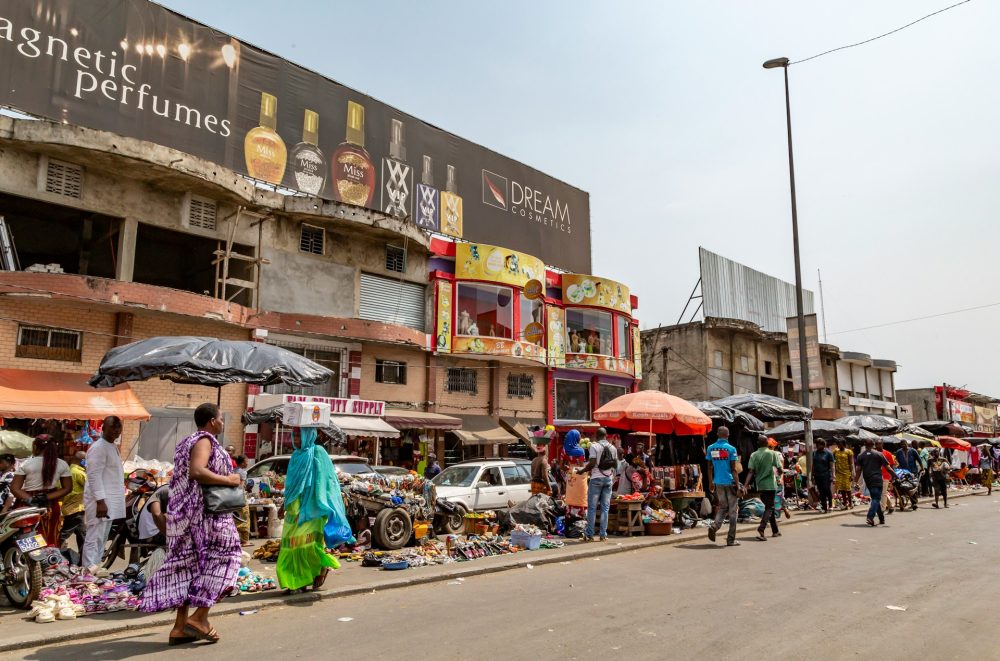Africa
Morocco and Rwanda Forge Air Services Pact to Boost African Connectivity
Morocco and Rwanda signed an air services agreement during the ICAO Assembly in Montreal, aiming to boost cooperation between Royal Air Maroc and RwandAir. The pact supports ambitions to become regional hubs, enhance safety and connectivity, and align with Africa’s Single Air Transport Market, strengthening intra-African mobility, tourism, trade, and continental integration through South-South cooperation.

Signed in Montreal on the sidelines of the ICAO Assembly, the pact aims to develop cooperation between Royal Air Maroc and RwandAir, while consolidating the ambitions of Morocco and Rwanda to become regional hubs in the context of the implementation of the single African air transport market.
Morocco and Rwanda formalized an air services agreement at the 42nd Assembly of the International Civil Aviation Organization (ICAO), held in Montreal
This high-level meeting provided the framework for an agreement that goes beyond the simple opening of new routes. It reflects a shared desire to build sustainable air bridges between North Africa and East Africa, focusing on the transfer of expertise in safety and security, but also on the complementarity of national strategies.
This signing between Morocco and Rwanda marks a new step in strengthening South-South connectivity and opens up strategic opportunities for both nations, at a time when competition to attract passengers and investors in African air transport is intensifying.
A lever for Royal Air Maroc
For Morocco, this agreement is part of a broader vision for developing its aviation sector. The Kingdom aims to double its annual airport traffic to reach 80 million passengers and increase the number of tourists to 26 million by 2030.
Royal Air Maroc is at the heart of this strategy, with a strong desire to expand its footprint in East Africa and transform Casablanca into an essential hub for connections to Europe, America and Asia.
The agreement with Kigali thus becomes another piece in a puzzle aimed at strengthening the influence of Morocco air transport on a continental scale. For Rwanda, the partnership is an opportunity to diversify its alliances and give RwandAir new levers for growth.
The airline is part of a context where Kigali is investing massively in infrastructure, with the future Bugesera International Airport, designed to accommodate up to 14 million passengers. The agreement with Morocco is part of this dynamic and reinforces Rwanda’s strategy to become an East African hub. Through this merger, RwandAir hopes to increase its visibility and multiply its interconnection options, particularly to North Africa and major transcontinental traffic flows.
South-South cooperation driven by SAATM
Beyond bilateral ambitions, the Morocco-Rwanda agreement illustrates a fundamental movement in Africa. South-South cooperation is gaining momentum, driven by the gradual implementation of the Single African Air Transport Market (SAATM).
The objective is clear: to improve intra-African connectivity and reduce dependence on foreign airlines, which still provide a large proportion of connections on the continent. The Moroccan-Rwandan initiative is therefore part of a broader effort aimed at strengthening the autonomy of African skies and creating genuine mobility corridors to support trade, tourism, and regional integration.
__
(Featured image by Tim Dennert via Unsplash)
DISCLAIMER: This article was written by a third party contributor and does not reflect the opinion of Born2Invest, its management, staff or its associates. Please review our disclaimer for more information.
This article may include forward-looking statements. These forward-looking statements generally are identified by the words “believe,” “project,” “estimate,” “become,” “plan,” “will,” and similar expressions. These forward-looking statements involve known and unknown risks as well as uncertainties, including those discussed in the following cautionary statements and elsewhere in this article and on this site. Although the Company may believe that its expectations are based on reasonable assumptions, the actual results that the Company may achieve may differ materially from any forward-looking statements, which reflect the opinions of the management of the Company only as of the date hereof. Additionally, please make sure to read these important disclosures.
First published in LES ECO.ma. A third-party contributor translated and adapted the article from the original. In case of discrepancy, the original will prevail.
Although we made reasonable efforts to provide accurate translations, some parts may be incorrect. Born2Invest assumes no responsibility for errors, omissions or ambiguities in the translations provided on this website. Any person or entity relying on translated content does so at their own risk. Born2Invest is not responsible for losses caused by such reliance on the accuracy or reliability of translated information. If you wish to report an error or inaccuracy in the translation, we encourage you to contact us.

-

 Markets2 weeks ago
Markets2 weeks agoGold’s Historic Surge and Sudden Crash Signal Volatility, Not Defeat
-

 Cannabis2 days ago
Cannabis2 days agoWhen a Cutting Becomes a Cannabis Plant: Court Clarifies Germany’s Three-Plant Rule
-

 Africa1 week ago
Africa1 week agoIvory Coast Development Plan 2026–2030: Investment, Growth, and Strategic Reforms
-

 Crypto5 days ago
Crypto5 days agoBitcoin Rebounds Above $70K as Crypto Markets Show Fragile Signs of Recovery















